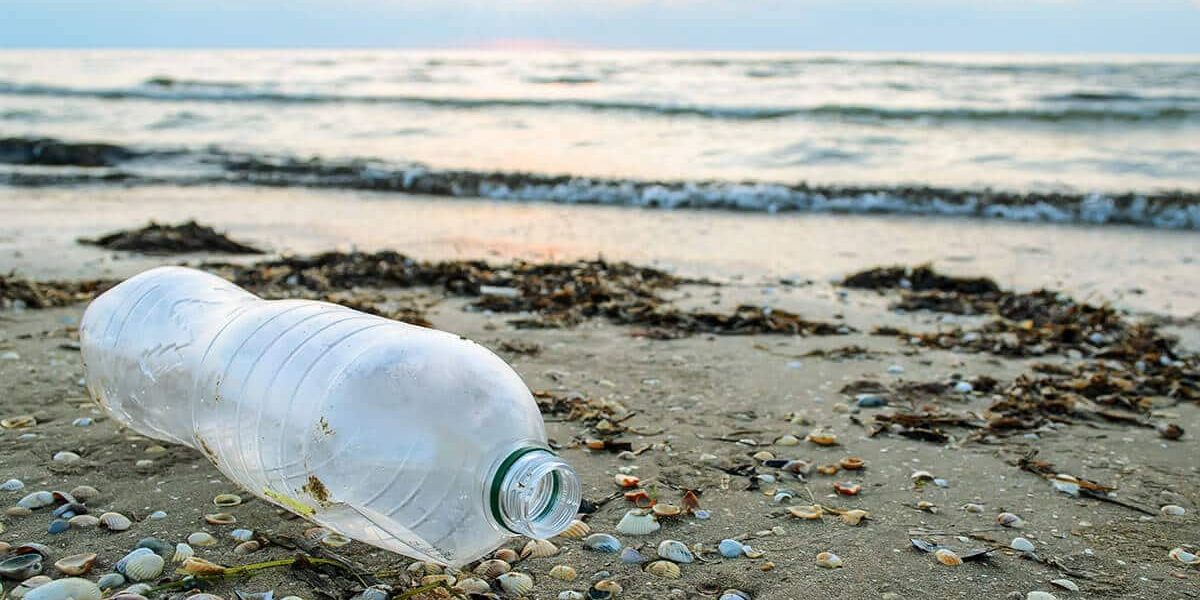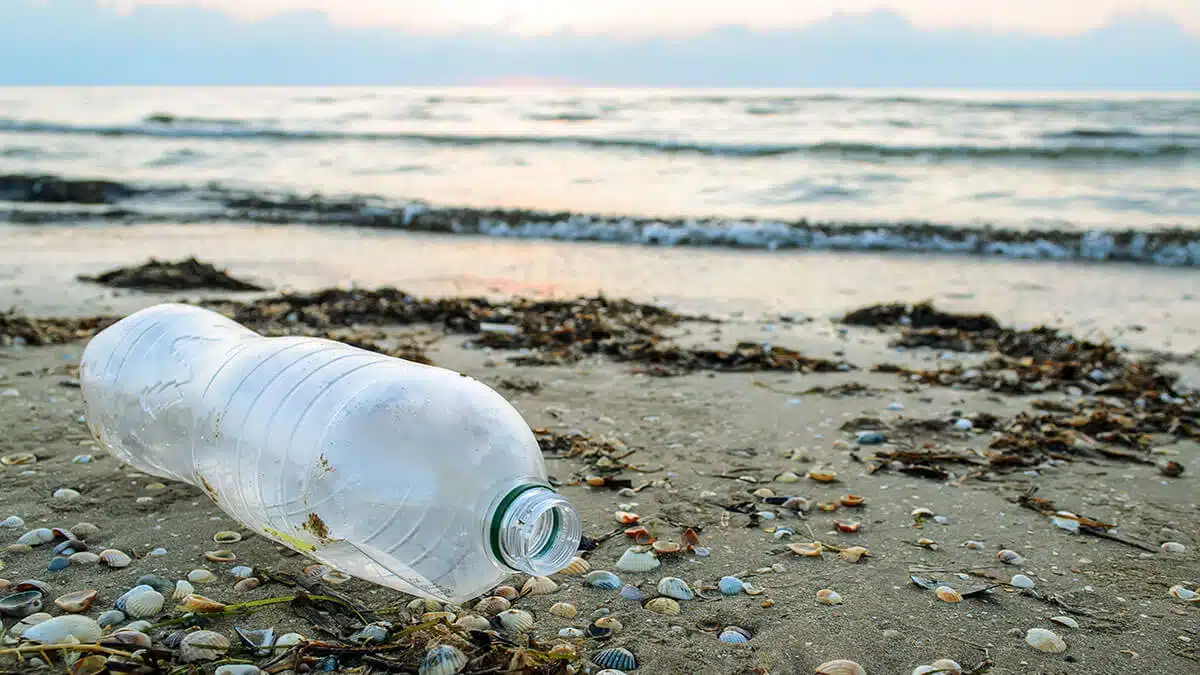While pollution in the context of climate change is enough of a crisis in and of itself, issues regarding the harmful impact of plastic pollution have raised it to red-alert levels. The crisis has risen to such levels that demand a strong and lasting global treaty so that it can effectively counter it.
A recent report released by the Environmental Investigation Agency (EIA) states that the increasing amount of plastic waste generated worldwide on a daily basis should now be considered an emergency practically at par with climate change.
Indeed, EIA experts cited how microparticles from disposed plastics have permeated the atmosphere, both rain and snow, seawater, freshwater, soil, and even the food consumed by humans and other sentient creatures.
One particularly chilling example presented in the report was the death of nearly 20 elephants in Thailand, following their plastic waste consumption from a local dumpsite.
A Deadly Ticking Clock
Researchers have likened the potential devastation of the plastic crisis to a “deadly ticking clock counting swiftly down.” If not addressed promptly by the United Nations, the amount of plastic pollution in the world’s seas alone would be greater than the number of fish swimming within by 2040.
To date, the UN has already identified three primary threats to the environment. But while climate change and dwindling biodiversity have taken up space on front pages and magazine covers across the globe and multilateral agreements formulated to mitigate their impact, very little has been done to reduce material [plastic] pollution significantly. In fact, several nations have strongly resisted the formulation of such a treaty.
A Glimmer of Hope
But all is not lost: over 100 nations are set to back a proposed treaty during the UN Environment Assembly slated for late February of this year.
The move was lauded by several experts on environmental damage and the plastics industry, with several calling it a most timely move. In the statement EIA made following the release of its report, the organization stated that damage caused by the overproduction and use of virgin plastics is practically irreversible and essentially threatens the Earth’s ability to remain habitable. Therefore, any developments that would curtail the production and use of such plastics are welcome if only to preserve the planet for generations to come.
However, the proposed treaty still faces some serious opposition, with Japan essentially shrugging off its importance. On the other hand, China and the nations of the Arabian Gulf have kept mum about it. This is despite the fact that the former produces the bulk of the world’s virgin plastics and the latter is one of the leading users of plastic materials and goods.







